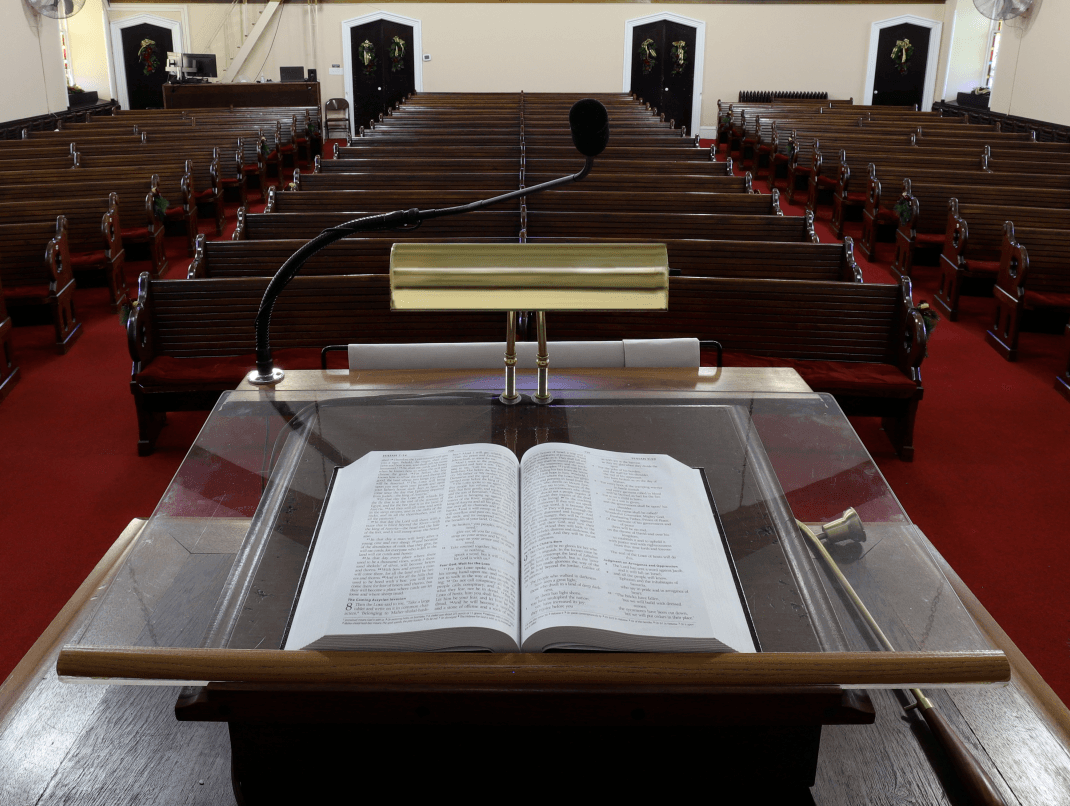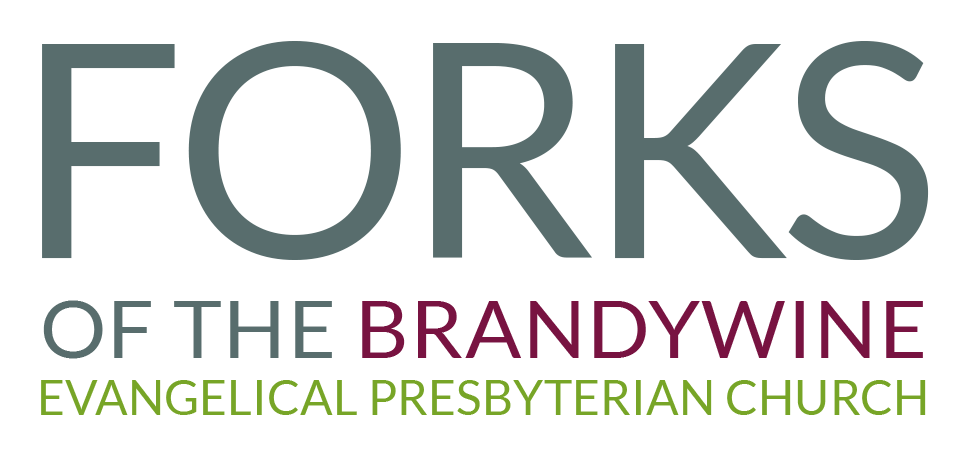I Believe in GOD
A Confession of Faith
All theists are willing to say, “I believe in God.” By definition, a theist is one who asserts the claim, or affirms the proposition, that God exists. Adherents of many different faiths and a host of various religions, historically as well as globally, believe in God. Christians count themselves among this group of believers. The Christian religion is one among many that teaches the existence of one supreme being, one true and living God. Together with Judaism, Christianity proclaims its faith in the God of Israel, whose name is Yahweh. In the words of the prophet Jeremiah, “Yahweh is the true God; he is the living God and the everlasting King” (Jeremiah 10:10). In distinction from Judaism, Christianity proclaims its faith that Jesus is Yahweh’s uniquely begotten Son. In the words of the apostle Peter, speaking to Jesus, “You are the Christ, the Son of the living God” (Matt. 16:16). Jeremiah declares Yahweh is the living God, and Peter confesses Jesus is the son of the living God, the son of Yahweh. This pair of beliefs is what sets Christianity apart. Jesus himself says, “Believe in God; believe also in me” (John 14:1).
What does it mean when a Christian utters the theistic confession, “I believe in God”? This confession of faith for the Christian will have many things in common with the faith of believers in other religions. For instance, the word “I” carries tremendous significance. “I” is not the lightweight concept of mere intellectual agreement. It does not mean we are simply of the opinion that God exists. “I” is the heavyweight concept that includes the whole person, not just the mind. You and I are not simply minds. We have hearts, wills, bodies, energy, relationships, responsibilities, possessions, and more. When you say “I” believe in God, it ought to mean all of you, every facet of your life. And when you say I “believe” in God, it ought to mean that you have committed yourself to God with all your heart, soul, mind, and strength.
Other religions share these things in common with Christianity when their adherents profess faith in God. The key difference that sets Christianity apart from all other faiths is the one mentioned above: not the “I,” and not “believe,” but what the Christian means by “God.” Because we believe that the one true God is the Father of Jesus, our faith in God must include faith in Jesus. Father and Son are inseparably linked. To believe in one is to believe in the other; to reject one is to reject the other. The apostle John says, “No one who denies the Son has the Father. Whoever confesses the Son has the Father also” (1 John 2:23). “Whoever has the Son has life; whoever does not have the Son of God does not have life” (1 John 5:12). This fundamental point means that Jesus is central to our confession of faith. Jesus is included in our belief in God.
“I believe in God,” for the Christian, means, “I believe the one true God is the Father of the Lord Jesus, and I pledge my life in worship and in service to the Father and his Son.” This is the basic expression of the Christian faith, and this is the starting point of the Christian life. This Lenten season, let us pray like the man in the Gospels who said to Jesus, “I believe; help my unbelief!”
Grace and peace,
Pastor Wesley
The Pastor's Pen





